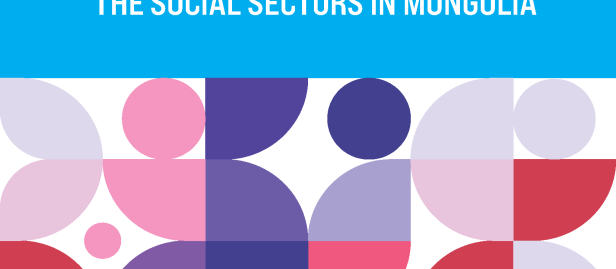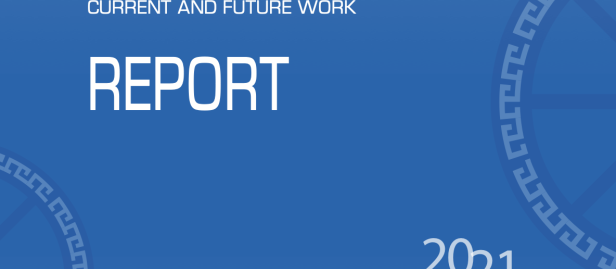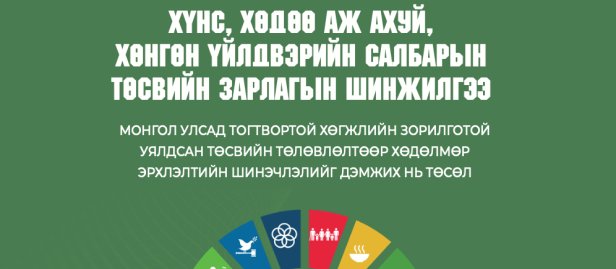Mongolia: Poverty and Inequality during COVID-19 using big data - Study report
Mongolia: Poverty and Inequality during COVID-19 using big data - Study report
July 8, 2021
The COVID-19 pandemic has escalated into health and socio-economic crises globally and in Mongolia. The impact of the pandemic has depressed household incomes, increased poverty, and exacerbate inequalities. Thus the response actions must be focused on not only responding to the pandemic more effectively but also be geared towards long term recovery.
To provide timely, reliable, and the most relevant data to decision-makers in this pandemic, UNDP and NSO collaborated with the National University of Mongolia (NUM), the Ministry of Finance, and Information Technology Center for Custom, Taxation, and Finance to conduct this pilot research to examine the impact of COVID-19 on consumption, poverty, and inequality in Mongolia in 2020 by using big data – the data generated by the Value-Added Tax (VAT) e-system. This study provided an opportunity to understand changes in household spending in Mongolia, thus allowing us to make alternative estimates of poverty and inequality. Most importantly, it showed how VAT data can be used to track changes in spending, poverty, and inequality much more frequently than was possible until now.
Having and analyzing such fast-moving data is critical for policymakers to rapidly see the impact of decisions and make adjustments – which is especially important during this fast-evolving crisis. This pilot study can also be useful for other countries seeking ways to analyze poverty, inequality, and the impacts of shocks when opportunities for traditional data collection are severely restricted.
We hope that the study and suggested methodology will accelerate further applications of big data in Mongolia and overall contribute to a more effective recovery from the impacts of the COVID-19 pandemic on the lives of Mongolians.

 Locations
Locations




